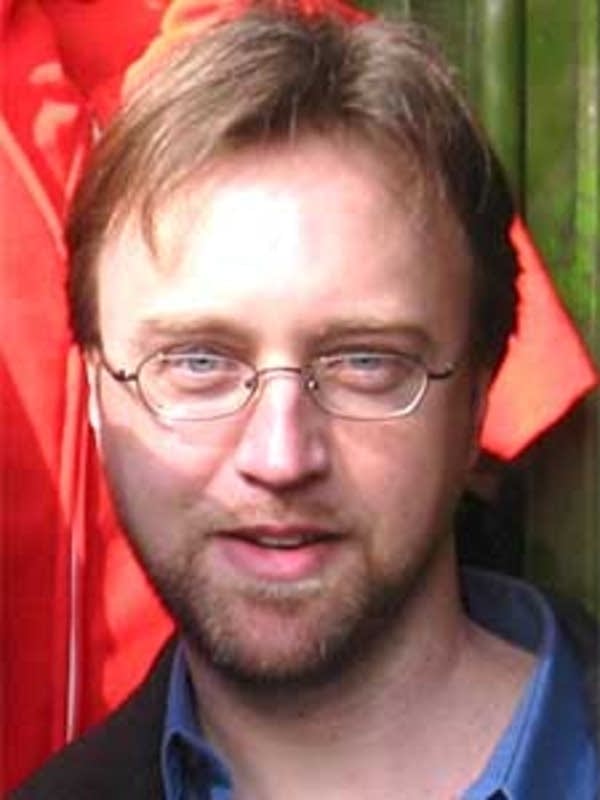U Music School gets wired for sound
Go Deeper.
Create an account or log in to save stories.
Like this?
Thanks for liking this story! We have added it to a list of your favorite stories.

J. Anthony Allen's sound installations are like an aural hallucinogen. They have a pleasurably disorienting, even slightly disturbing effect inside your head. Allen is a doctoral student in composition at the University of Minnesota. If he tried to explain how he conceives and assembles his pieces, he knows he would sound like some computer science geek.

And besides, "The audience doesn't need to know what's going on under the hood," he says. "They don't need to know the algorithm, they don't need to know anything. All they need to know is, how it sounds and do they like it."
Allen is a Michigan native who was drawn to the University of Minnesota's School of Music partly because of its growing reputation in electronic music and related technologies. The program first started taking shape four years ago when the "U" hired Doug Geers as assistant professor of music. Geers is creator and director of the Spark Festival. "I think that we really want to be known as a place where students can come and engage with new ideas," he says, "and in tandem with that, using new technology. I think that many schools are much more interested in being traditional than breaking new ground."
"U" officials say composition has long been a major emphasis at the school of music. They say composers depend heavily on technology and are usually early adopters. Many of the faculty with expertise in electronic music, or electroacoustic music as they like to refer to it, are themselves working composers. Doug Geers describes his music as a cross between Bjork, Coltrane and Stravinsky.
Turn Up Your Support
MPR News helps you turn down the noise and build shared understanding. Turn up your support for this public resource and keep trusted journalism accessible to all.
Geers says the university is a research institution and that research extends into electronic music. One of Geers' projects is developing new ways computer-driven, electronic instruments can be used in tandem with traditional musicians.

The man in charge of the entire music program at the U considers electronic music his specialty. Noel Zahler doesn't work with instruments but with how their sounds are distributed. Zahler creates what he calls synthetic performers which can throw sound around a space, so the audience hears it above them, below them, and from all sides. He says the technology can make the actual physical space of an auditorium inconsequential.
"Composers can tune any concert hall to the space that they want to present their work in," Zahler says. "And the audience, only the audience, sitting in that hall, will be able to experience it with them."
Over the decades, pop music has adopted many of the technological advances in electronic music much more quickly than the mainstream classical world. In the classical realm, practitioners inhabit the fringes. Noel Zahler says traditional orchestras aren't equipped infrastructurally to handle electronic music, and its aging audiences don't want to hear it.
"They have to sell tickets to survive," Zahler poitns out, "and with that in mind they have very little room for experimentation."
Which is why Zahler is concerned about their future. He says young people have grown up with this technology, and if the music they're listening to doesn't employ it, they become far less interested.
"I would hate for the professional concert hall to become some kind of museum," Zahler says. "Instead what it has to be is the provocateur of the new, and it has to draw in a new audience every year."
Zahler says the orchestras that begin to embrace the possibilities of electronic music can rejuvenate their audiences. And, adds Doug Geers, universities can help the orchestras:

"The universities were using samplers and crunchy sounds before Nine Inch Nails was ever in existence. We can be "R and D' in similar ways for the classical music world."
The University of Minnesota's move to become an electronic music powerhouse is still in its initial stages. Noel Zahler says the U will know it's succeeded when students start singling it out as the best place to study in this field, and when money to fund the program is no longer an issue.
Dear reader,
Political debates with family or friends can get heated. But what if there was a way to handle them better?
You can learn how to have civil political conversations with our new e-book!
Download our free e-book, Talking Sense: Have Hard Political Conversations, Better, and learn how to talk without the tension.





